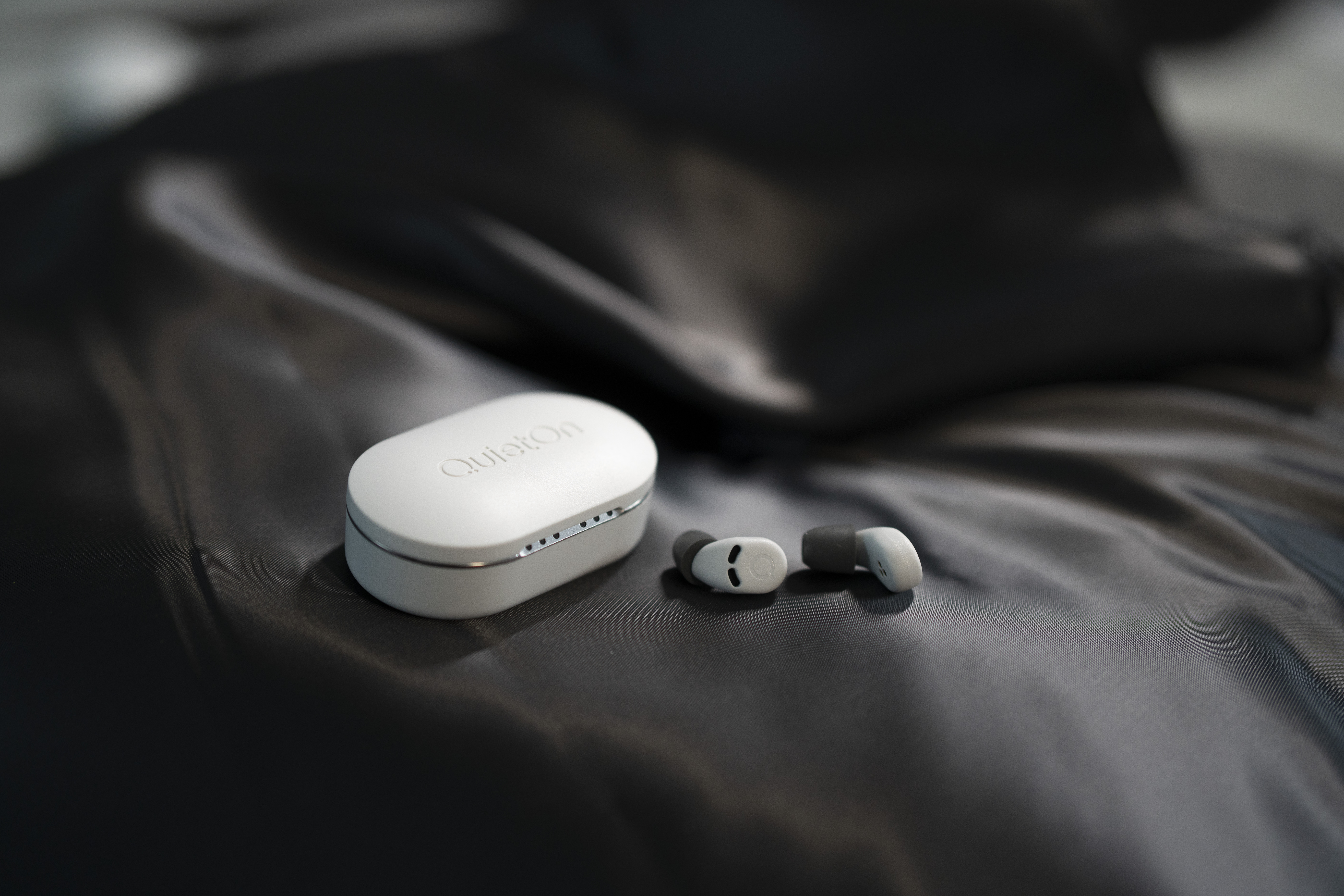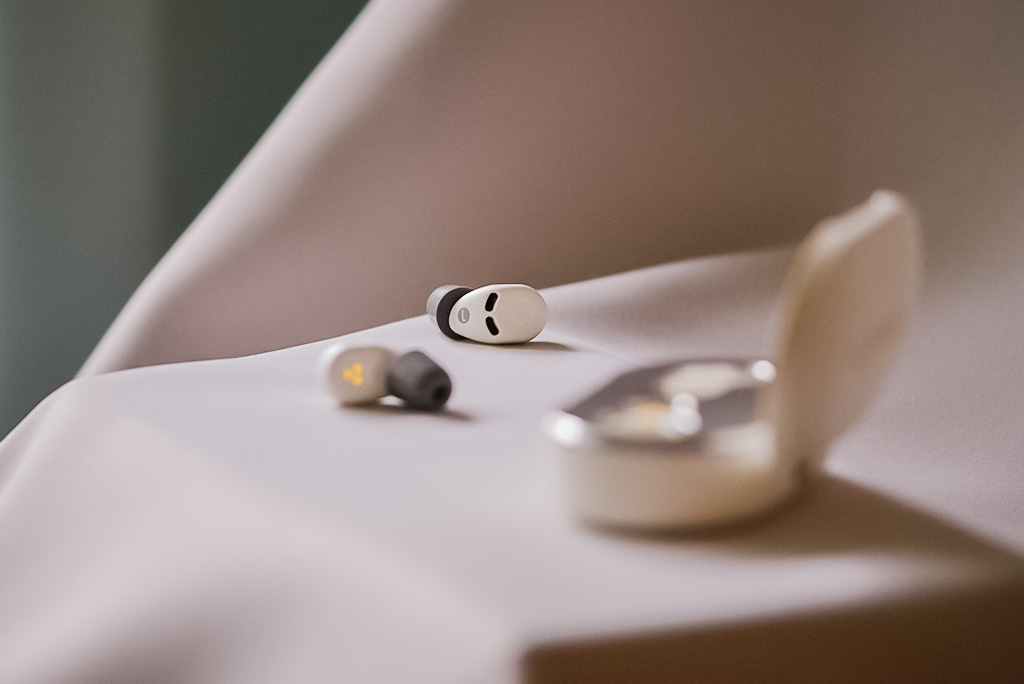Your cart is currently empty!
Sleeping with a snorer – 4 tips to avoid snoring noise
Many people struggle with a snoring bed partner and often find the sounds of 1. Understand the causes of snoringsnoring disrupting their sleep. With a loud snorer sleeping next to you, just trying to ignore the sound is not going to work. Follow these practical tips on how to sleep with a snorer to improve…

1. Understand the causes of snoring
Snoring is all too familiar in many households and can be caused by many factors. For example, unhealthy eating habits, medical conditions, alcohol consumption, and certain sleeping positions blocking the airways may lead to snoring. Snoring is usually not dangerous or a health-threatening problem but disturbs sleep in many bedrooms around the world. Luckily there are many ways to effectively stop snoring and block out your partner’s sleep sounds.
Always try to identify the root of the problem before trying to solve it. If you find that snoring is negatively affecting you or your partner, have an open discussion about snoring and communicate the issue from both perspectives to find the right remedies.
2. Try noise-canceling earbuds
Try sleeping with noise-canceling earplugs to block out the sounds of your snoring
partner. The active noise canceling (ANC) technology used in QuietOn’s earbuds will help you fall asleep easily. Sleeping with the QuietOn 3.1 premium earbuds will cause fewer interruptions during the night and help you sleep with a snorer. The industry-leading earbuds are designed to fit different kinds of ears and help you sleep better.
3. Change the sleeping environment
Sleeping in a quiet and comfortable room will improve both your and your snoring
partner’s sleep quality. Snoring can in fact be caused by dry indoor air or poor air quality, so try using an air purifier or humidifier to reduce snoring. Make sure to close all windows during the night to prevent loud outside noises and air pollutants from disturbing your sleep and making your partner’s snoring more pronounced.
4. Sleep in another room
As much as you might enjoy the company of your snoring partner, sometimes sleeping in separate rooms may be the only way to escape the noise. However, this is not always possible and in some cases, the loud snoring can find its way even through walls. Some may also much rather share a bed despite their partner’s snoring rather than sleep alone.
Consult a doctor for sleep apnea and other sleep disorders
Always seek professional help if the snoring is unusually loud, you notice pauses in your partner’s breathing, they are experiencing high blood pressure or the snoring
significantly affects the snorer’s life. A doctor can help to identify potential health issues, such as sleep apnea and other sleeping disorders.






